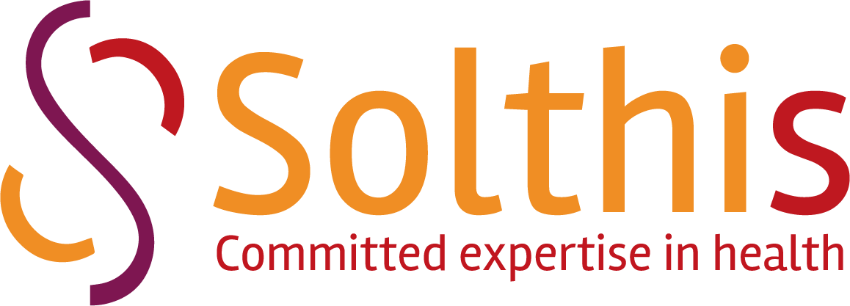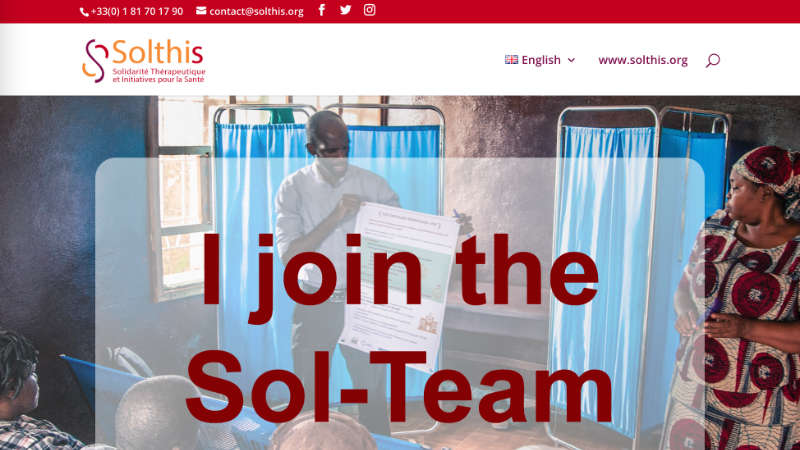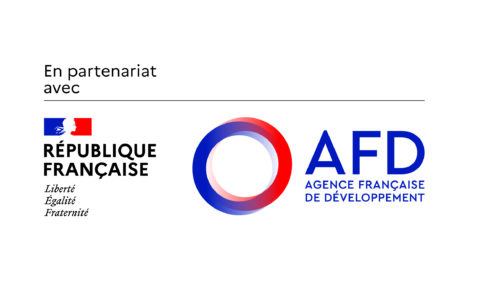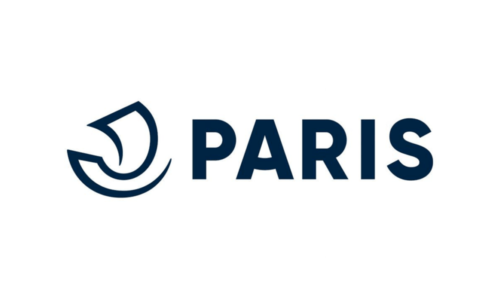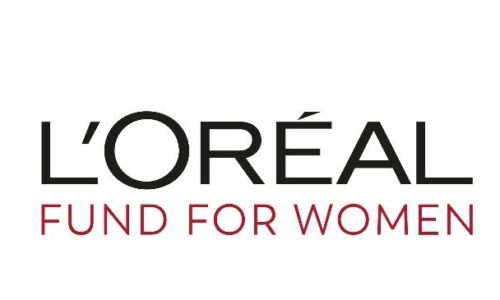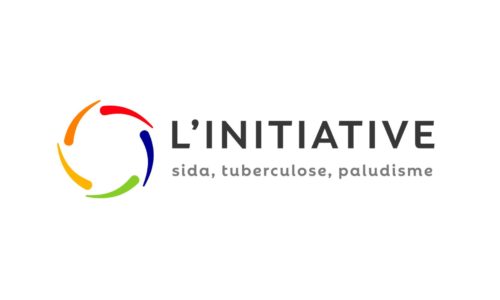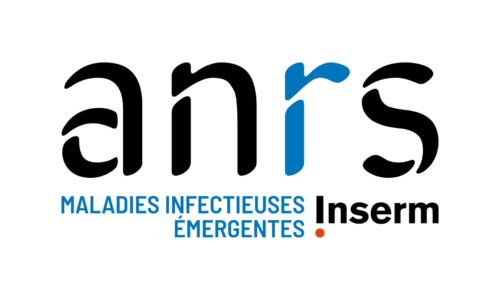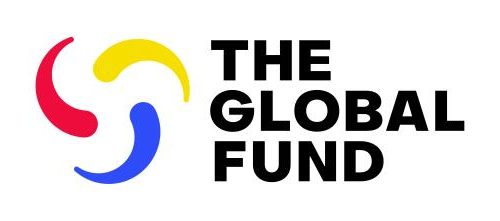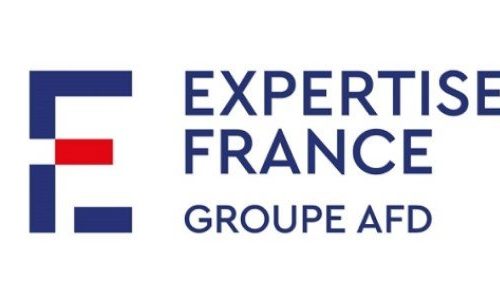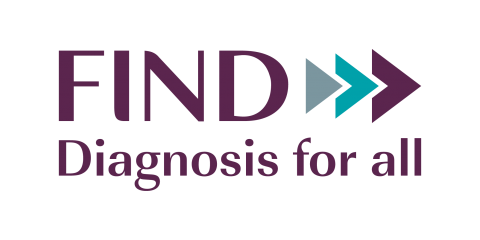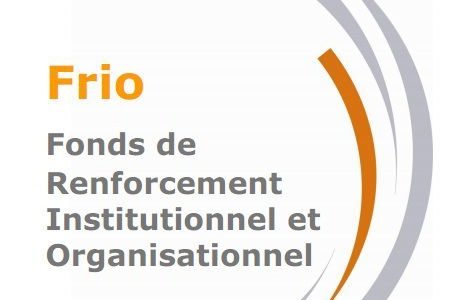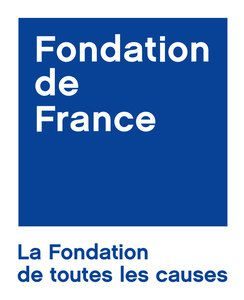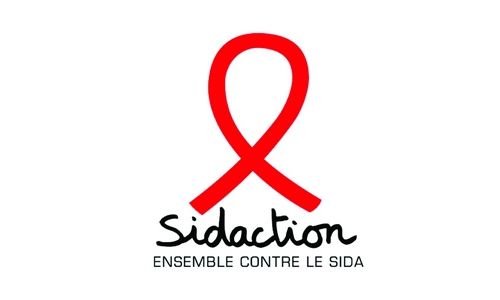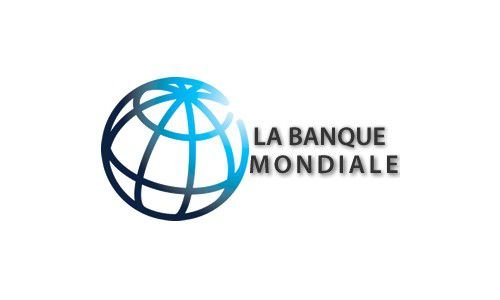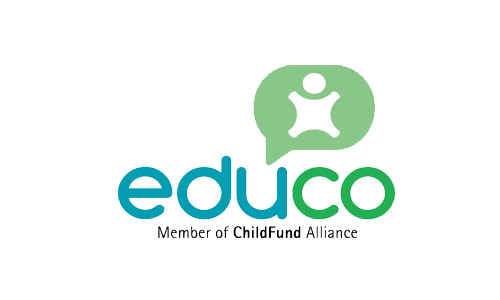1 September 2020 | Informations
In Guinea, Solthis remains mobilised alongside community stakeholders and caregivers to limit the chain of community contamination and ensure continuity of care for those who are most at risk. “The response to COVID-19 at the level of our intervention programmes was carried out in a participatory manner: caregivers, psychosocial support workers (PSAs) and patient associations were all involved,” insists Mamane Harouna, Technical Coordinator of the RUCHE project in Guinea. “As soon as the first cases of COVID-19 were discovered in Guinea, we approached our partner health structures to discuss the issues and the organisation to be put in place to ensure the continuity of HIV services. These exchanges enabled us to identify the needs to protect staff & patients, ensure the availability of health products and share information”.
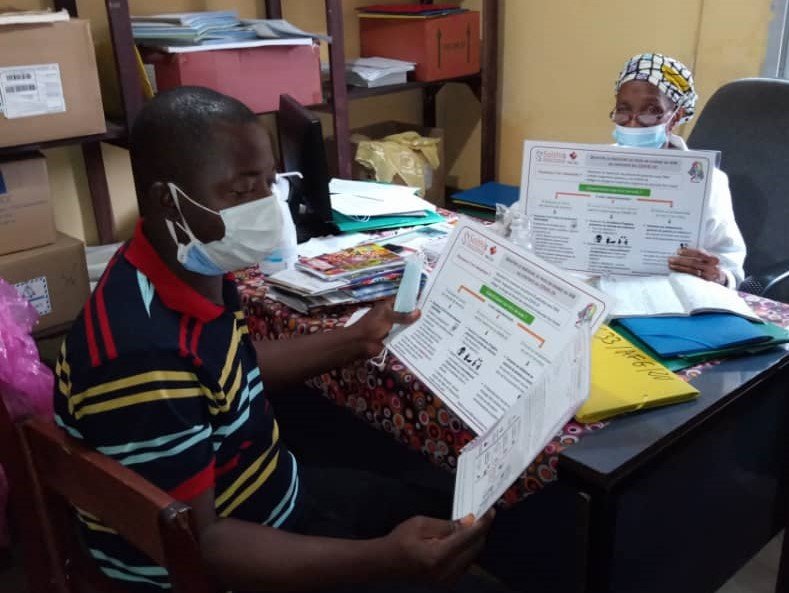
At each level, psychosocial support workers were involved. Indeed, by recognising the importance of psychosocial support for patients in this crisis and by creating safe exercise conditions for them, health workers have played a role in facilitating a holistic response to the pandemic at the facility level. With the experience of the Ebola epidemic, patients preferred not to come to the clinic to take their medication for fear of being contaminated. This attitude was also detrimental to the patient’s health because it encouraged treatment failure. It was therefore necessary to provide psychosocial support for people living with HIV to help them overcome this fear, reassure them and find a solution together so that they could continue their treatment. Awareness-raising sessions and discussion groups were set up, and telephone psychosocial support was introduced to maintain contact with patients.
At the same time, the collective of patients’ associations for advocacy and promotion of their rights to quality care, supported by Solthis within the RUCHE project, launched a campaign to limit patients’ unnecessary exposure to the virus and to continue fostering their confidence in health services. It has helped to strengthen the skills of association members to conduct awareness sessions towards their peers and to distribute protective and hygiene equipment so that patients feel safe in health centres. The campaign also made it possible to set up a reporting system to monitor violations of patients’ rights, as pandemic contexts can exacerbate them. “Firstly, at the community level, with the declaration of a state of health emergency establishing a curfew and the compulsory wearing of masks: the monitoring of these measures can give rise to forms of abuse. Similarly, at the level of health structures, patients can be victims of denunciation, blackmail or refusal of care. These are important and must be monitored to ensure that every patient has equitable access to services.” explains Harouna Mamane.
Today, the RUCHE project continues to adapt HIV care to the COVID-19 context, particularly at the level of health structures supported by the project. On the one hand, by equipping the facilities with protection material so that the healthworkers feel safe to work, through training, through the introduction of decision-making tools, through reorganisation of the care circuit and the spacing of medical appointments.
On the other hand, by providing patients with a telephone reminder, which has been set up, enabling more than 200 patients to find solutions to continue their treatment, such as spacing out visits. Ninety patients were reassured by their participation in the discussion group. The other significant result is the participatory and inclusive nature of the construction of this response. For example, taking into account the patient’s wish to accept or reject the spacing of visits is a sign of the sensitivity to users’ rights that the RUCHE project defends.
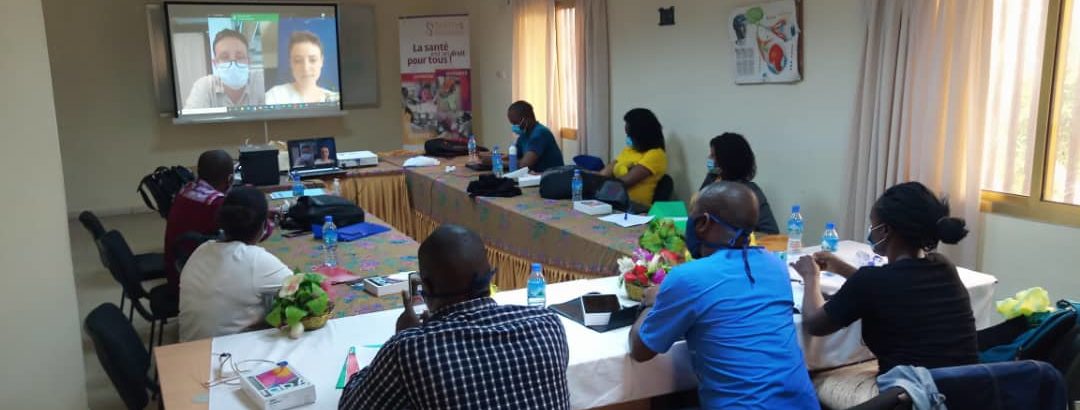
Read more about the RUCHE project: Placing Users at the Centre of the Fight against HIV in Guinea and Côte d’Ivoire
Read more about the campaign ” Respecting patient’s rights during the COVID-19 pandemic”
